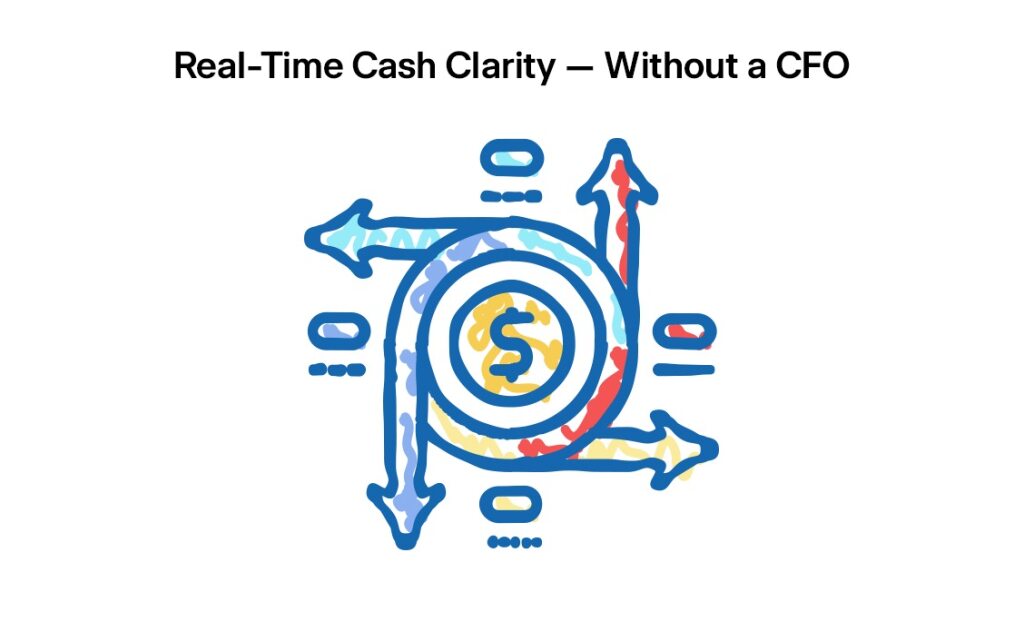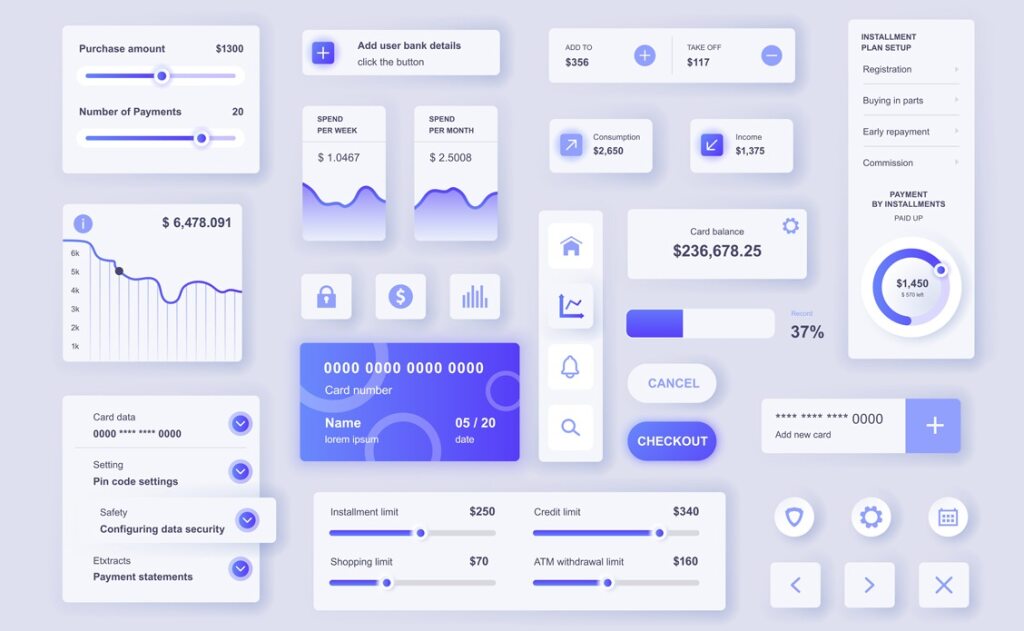Revenue leakage in MedTech isn’t just a billing issue.
It’s a system-wide blind spot—and it’s costing you millions.
As MedTech companies scale, they often find themselves stuck between rapid innovation and broken revenue cycles. Diagnostic delays. Denied claims. Manual workflows. Fragmented data. And before you know it, what looked like a healthy top line is quietly bleeding out.
The culprit? An outdated view of Revenue Cycle Management (RCM).
In today’s MedTech environment, traditional RCM tactics simply don’t cut it. Payers are more complex. Patients are more empowered. And revenue depends not just on billing—but on operational orchestration.
At NextAccel, we work with high-growth MedTech companies to redefine RCM as a strategic growth lever—not a back-office function. The goal? Identify and recover hidden revenue faster and build a repeatable engine that scales.
Here’s how.
1. Diagnose the Real Revenue Leaks
The first step isn’t automation—it’s visibility.
Most MedTech teams don’t realize how much money they’re leaving on the table because their systems don’t show it.
Ask your teams:
- Where in our order-to-cash process do we see the highest delays?
- What percentage of claims are denied—and what’s the root cause?
- How many hours are lost to rework, re-submissions, or follow-ups?
- Do finance, billing, and ops agree on what “clean revenue” looks like?
In 9 out of 10 companies we assess, we find revenue leakage happening in three key zones:
- Front-end errors: Incomplete documentation, incorrect patient data, poor eligibility checks
- Mid-cycle breakdowns: Coding inaccuracies, missing authorizations, lack of charge capture discipline
- Back-end delays: Manual claims management, slow follow-up on denials, under-resourced collections
NextAccel Fix: We deploy a 10-day RCM Audit Sprint to map every handoff, flag failure points, and quantify lost revenue—often uncovering 6–8 figures in missed collections.
2. Embed RCM into Commercial Strategy—Not Just Finance
Here’s the shift: RCM is no longer a finance or compliance function.
It’s a commercial growth function.
Why? Because your revenue cycle directly affects:
- Time to cash
- Sales cycle speed
- Customer experience (especially with high-touch hospitals or clinics)
- Net revenue realization (NRR)
- Predictability of recurring revenue
In the MedTech space, especially where devices or diagnostics intersect with services, your ability to turn usage into revenue is a competitive differentiator.
That means your sales, operations, and RCM teams must align on:
- What makes a contract “revenue ready”
- What support materials sales needs to collect (e.g., prior auths, documentation)
- How to design go-to-market models that reduce friction post-sale
NextAccel Fix: We build cross-functional “Revenue Delivery Maps” that align GTM and RCM teams on shared goals—improving both topline growth and cash velocity.
3. Automate With Intention, Not Assumption
Automation is a buzzword. Intelligent automation is a strategy.
Most MedTech firms rush to implement RCM tools without solving the core process issues. As a result, they automate broken workflows—and simply speed up the chaos.
The smarter path is to:
- Streamline first: Simplify handoffs, define data standards, standardize documentation
- Then automate: Use tools like AI-driven claims scrubbing, auto-verification, and denial prediction
- Then monitor: Build dashboards that track DSO, denial rates, recovery velocity, and process SLAs
It’s not just about doing things faster. It’s about doing the right things in the right order.
NextAccel Fix: We help teams run a “Fix & Flow” sprint—cleaning up legacy workflows before layering in automation. This improves ROI on tech investment and team adoption.
4. Track the Right Metrics—Not Just DSO
Too many MedTechs still measure RCM success using old-school metrics like Days Sales Outstanding (DSO) or net collections alone.
But those are lagging indicators. They don’t help you fix revenue problems before they hit the books.
What you should track:
- First-pass claim acceptance rate
- Denial reason codes by payer
- Time-to-bill from service or shipment
- Revenue leakage % per region or product
- Manual touchpoints per claim
Better metrics = earlier interventions = faster recovery.
NextAccel Fix: We build real-time dashboards that give operators and executives the same view of revenue health—helping leadership make decisions before problems snowball.
5. Redesign for Scale: Future-Proof Your RCM Engine
As your MedTech business grows, so do the complexities: new payer contracts, additional products, multi-state compliance, and larger customer footprints.
Your RCM strategy must scale with it—or you’ll end up playing catch-up every quarter.
Here’s what future-ready RCM looks like:
- Modular architecture: Systems and processes that can adapt to new business lines
- Playbooks by segment: Tailored workflows for hospitals vs. ambulatory vs. DTC
- Proactive payer management: Not just fighting denials, but designing deals with reimbursement in mind
- Embedded RCM ops: Operators working directly with product, sales, and CX teams to close the loop
- Continuous improvement loop: Quarterly reviews, revenue at-risk analysis, and feedback-driven optimizations
NextAccel Fix: We help teams move from reactive RCM cleanups to proactive design sprints—aligning people, tech, and process around growth, not just recovery.
Final Thought: RCM Is Not a Back Office Task—It’s a Growth Strategy
Your revenue isn’t just about how well you sell—it’s about how predictably you collect.
In the MedTech space, where innovation is fast and complexity is high, traditional RCM just can’t keep up.
“Revenue doesn’t get lost in one place—it leaks everywhere. Fixing it starts with treating RCM as strategic infrastructure, not a billing band-aid.”
At NextAccel, we help MedTechs rethink RCM from the ground up—so you can move faster, recover better, and scale with confidence.
Ready to uncover hidden revenue?
Reach out for a 10-day RCM Revenue Recovery Sprint.





